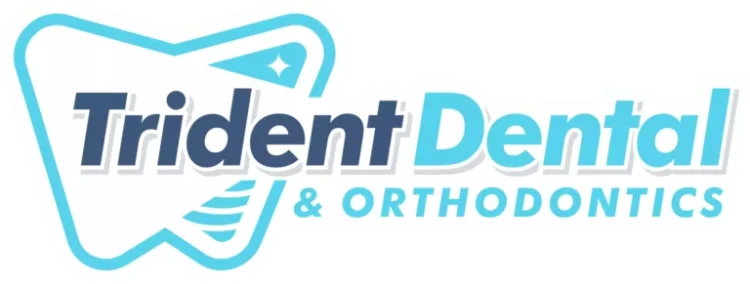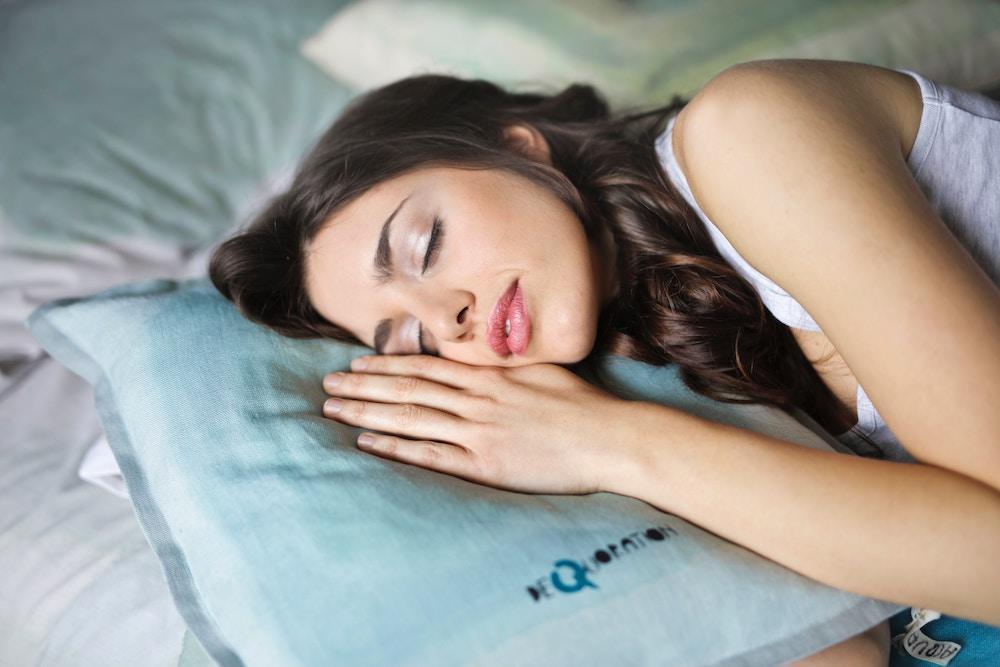If you suffer from sleep apnea, you’ve got a lot of company. According to the American Sleep Apnea Association (ASAA), about 22 million Americans have sleep apnea, putting them at risk for serious medical problems, like heart attack and stroke. For men and women diagnosed with sleep apnea, getting effective treatment is critical. While CPAP is the most common treatment for sleep apnea, many patients find wearing a mask every night to be uncomfortable and restrictive.
At Trident Dental, we offer a less cumbersome, more comfortable, and easily portable alternative. Here’s how it works.
Causes and symptoms of sleep apnea
Sleep apnea is a chronic condition that causes your breathing to be paused or interrupted many times each night while you sleep. Some patients have hundreds of these tiny interruptions during the night, and usually, they’re so brief, they don’t cause full wakefulness, which can make the condition difficult to spot. Those interruptions occur when the soft tissues at the back of your throat become super relaxed and descend into your airway, blocking normal breathing. Apnea is more common if you’re older, male, overweight, a smoker, or have a family history of apnea.
When most people think of sleep apnea, they think of snoring. And it’s true — many people who have sleep apnea do snore. The problem is, not everyone who snores has sleep apnea. Allergies, a deviated septum, and other issues can cause snoring too. What’s more, not everyone who has sleep apnea snores, so you could be suffering from the condition even if you don’t snore. In fact, that may be one reason why sleep apnea is widely undiagnosed. The ASAA says as many as 80 percent of people with moderate to severe sleep apnea don’t even know they have the condition, which means they also don’t know they’re at risk for apnea-related medical problems.
So how do you know if you have sleep apnea? In part, by looking for other symptoms, like:
- Gasping for breath during the night
- Multiple periods of wakefulness during sleep
- Feeling groggy or unfocused during the day
- Problems concentrating at work
- Feeling unrested when you wake up
- Morning headaches
- Irritability or moodiness
Of course, the only real way to know for sure if you have sleep apnea is to be evaluated and diagnosed by a doctor, a process that typically involves a sleep study to monitor your breathing while you’re asleep.
Treatment without CPAP
CPAP stands for continuous positive airway pressure, and it works by delivering a steady stream of air to your airway via a mask that’s worn during sleep. The stream of air helps keep your airway open to prevent breathing interruptions. It can be effective, but a lot of people find wearing a mask to be really cumbersome and uncomfortable, plus maintaining the CPAP equipment can be time-consuming and expensive, especially if your insurance doesn’t cover the costs.
At Trident Dental, we use a different approach. Our sleep apnea treatment relies on a special custom-made oral device, similar to a mouth guard, that’s worn while you sleep. The device gently moves your jaw slightly forward to help keep your airway open while you sleep. Because the device is custom designed just for you, it’s very comfortable while it’s being worn. Plus, it’s a lot easier to care for than a CPAP machine and accessories. Of course, it’s also a good idea to lose excess pounds and stop smoking to reduce your symptoms (and to improve your overall health as well).
Find out more about our sleep apnea treatment
Getting treatment for sleep apnea is vitally important for preventing serious and even life-threatening medical problems like heart attack and stroke. If CPAP isn’t working for you, let us help you find a more comfortable, effective solution so you can get the sleep you need for optimal health and wellness. To learn more about our sleep apnea treatment options, book an appointment online today with TriDental in Houston, Texas.

